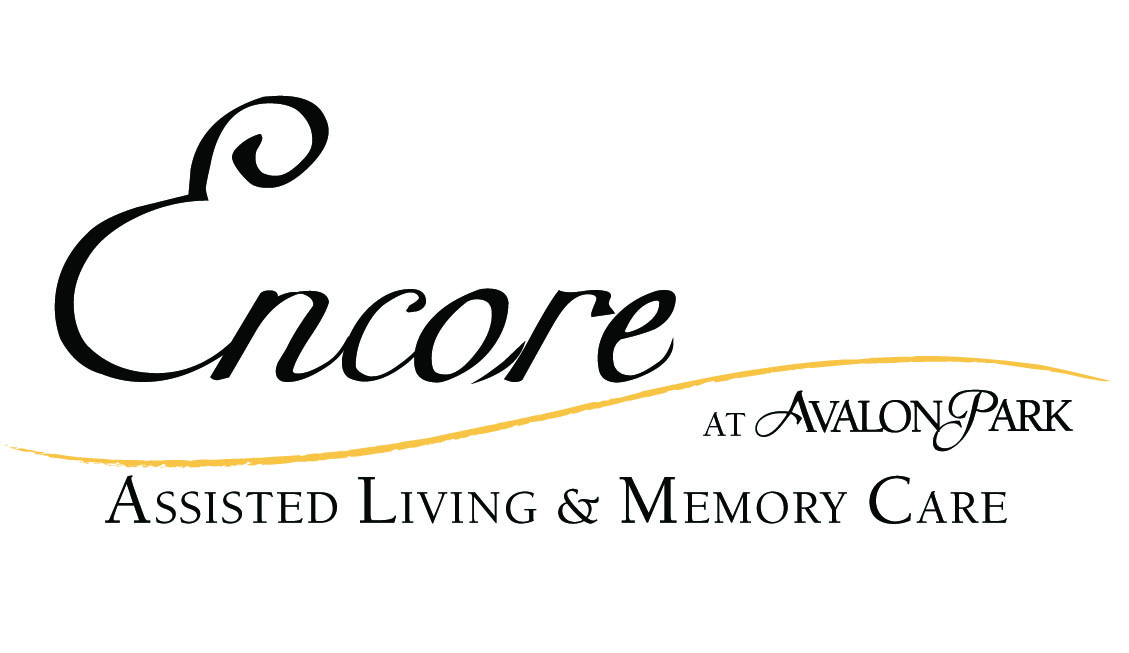When Alzheimer’s Care Becomes Too Much

When a loved one develops Alzheimer’s disease and needs care, many families aim to keep them at home as long as possible. However, at some point, the needs of a senior with dementia become too much to manage at home. When is that point, and how do you know when it’s time to move a senior with Alzheimer’s disease into memory care? This guide will help you with the decision of when to move a loved one with dementia into a memory care facility and how to approach the conversations surrounding this difficult choice.
Talking About Alzheimer’s Care
The best time to approach conversations about Alzheimer’s care is earlier than you think. When a loved one is diagnosed with Alzheimer’s disease, conversations about Alzheimer’s care should happen as soon as possible, while your family member is still capable of making decisions about their care. Broaching conversations about memory in the early stages of dementia allows the family to get documents such as medical and financial powers of attorney in place while the senior is competent in the eyes of the law.
This is also the time to discuss what your loved one wants in a facility. Seniors have a number of decisions to make regarding their care, including amenities, location, and budget. By researching your loved one’s Alzheimer’s facility options now, you can choose a community your loved one is comfortable with and minimize guilt when it’s time to move. Use online tools to search for facilities that meet your needs and, when you’re ready, schedule visits to the communities you’re interested in. However, keep in mind the cost when you’re making these decisions; in Florida, for example, the median monthly cost of a private room in a memory care facility is around $9,387.
Signs It’s Time for Memory Care
Making decisions about memory care is never easy, especially when family members are in denial about the extent of a senior’s cognitive decline. However, there are some sure signs that it’s no longer safe for a senior with Alzheimer’s disease to live at home. These include:
Dangerous behaviors
When a senior with dementia starts wandering away from home, leaving the stove on, or displaying aggression, it’s a sign their needs are no longer able to be managed at home.
Decline in physical health
Over time, Alzheimer’s affects a senior’s ability to meet their basic needs. A senior with Alzheimer’s disease may face difficulty dressing, grooming, and eating without assistance or sustain injuries due to mobility changes.
Caregiver burnout
Sometimes a senior needs additional care not because of their own health, but because the caregiver has been stretched to their limits. Caregiver burnout is a serious concern for family caregivers, as it not only leaves them feeling mentally and emotionally exhausted, but can have serious repercussions for personal health as well.
Transitioning to Memory Care
Moving a senior with Alzheimer’s disease into memory care is difficult for everyone involved. To make the transition easier, follow these tips:
- Create familiarity: Bringing décor, photographs, furniture, and other items from home can make a senior with dementia feel comfortable in a new environment.
- Maintain daily routines: Most care facilities have their own daily schedules, but incorporating a senior’s personal routines as much as possible helps the new environment feel more like home.
- Visit frequently: Even as your loved one’s memory fades, visits are a valuable source of comfort. Make a point to visit regularly, especially in the early days as your family member adjusts to the new setting.
Don’t wait to think about memory care for your loved one with Alzheimer’s disease. Changes in a senior’s well-being can come unexpectedly when they have dementia, and it’s better to be prepared than find yourself unable to meet a loved one’s needs and without anywhere to turn. By broaching conversations about memory care early, you can give your family member the best possible care no matter what life brings.
Image via Pexels




